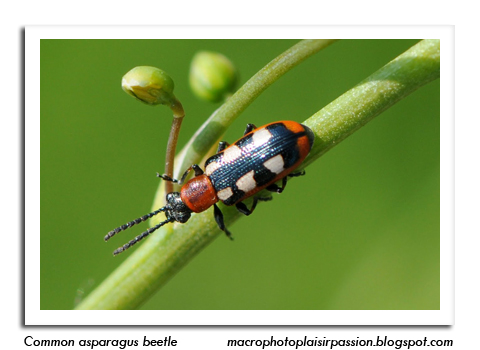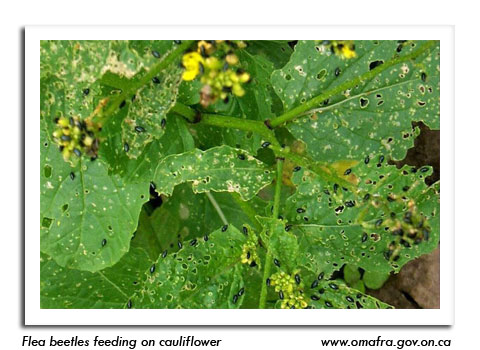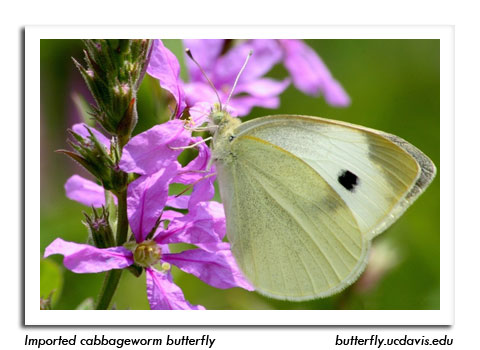
 |
|
|
Vegetables
Volume 60 Number 1 Date 04/23/2015 COMMON ASPARAGUS BEETLE - The degree-day model for this asparagus pest forecasts the first appearance of overwintered adults from 150-240 degree days (simple base 50°F). The lower range of this threshold will be surpassed in the next two weeks in portions of southern Wisconsin. Scouting for beetles is recommended as soon as asparagus spears begin emerging from the soil. Control of the adults early in spring, before oviposition starts, is critical for preventing damage. FLEA BEETLES - Growers of early-planted and transplanted leafy vegetables such as spinach and leafy greens are advised to take measures soon to prevent or delay flea beetle infestation of spring crops. Most flea beetle damage occurs in the first two weeks after emergence, so plants should be inspected every 1-2 days during this period. Strategies to reduce flea beetle problems include adjusting planting dates, enclosing seed beds with floating row covers, planting a mustard trap crop, and eliminating weed hosts. IMPORTED CABBAGEWORM - Adults have been active since early April. The presence of these yellowish-white butterflies around field plantings and home gardens signals eggs are being laid on early-planted broccoli, cabbage, kale and other cole crops. Although serious infestations are rare at this time of year, Btk products applied while the larvae are small can be very effective. -- Krista Hamilton, DATCP Entomologist 


|
|
|